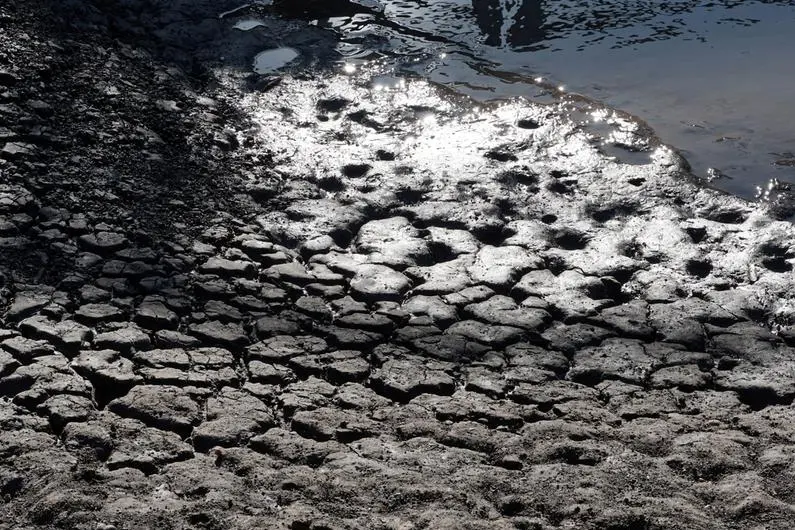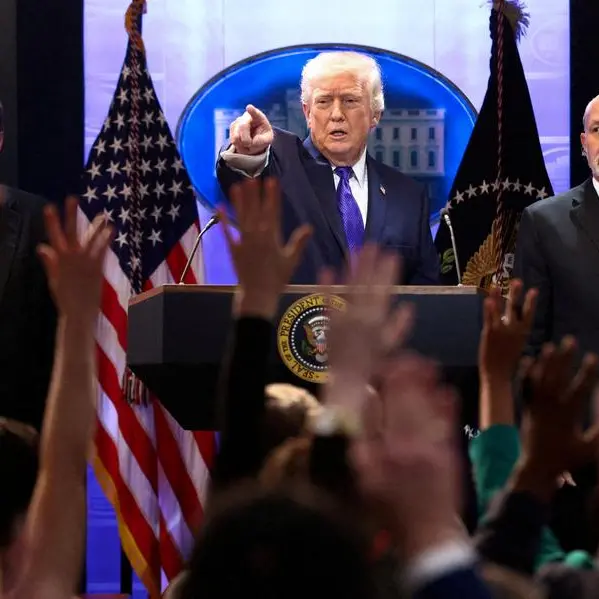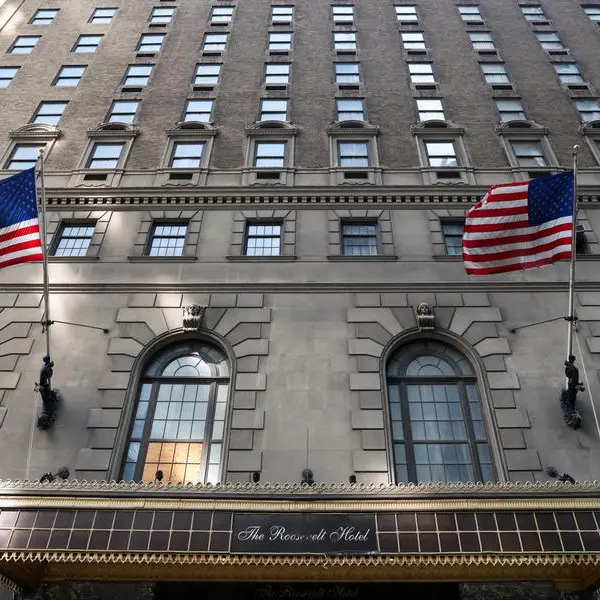PHOTO
At the Canelon Grande Reservoir, a major source of water for Uruguay's thirsty capital Montevideo, water levels have been so low for so long that grass now covers much of what used to be a lake.
"It's bleak," local Mario del Pino said, standing in the middle of the reservoir, surrounded by weeds and cracked dirt.
"Water used to cover everything you can see."
The South American country of 3.5 million people is reeling from its worst drought in 74 years, pushing frustrated residents to depend on bottled water.
Low rainfall has forced water authorities to use water from a saltier part of the Santa Lucia river, which supplies most of Uruguay's drinking water, leaving tap water undrinkable for many.
"It's horrible. You can't drink it," said teacher Adrian Dias, who buys two or three 6.5 liter (1.7 gallon) bottles of water every two weeks. "My wife has hypertension, so it's impossible for her to drink this water for the amount of salt it has."
Anger over water shortages has incited multiple protests on the streets of the capital. At state-owned water utility OSE, graffiti says "there is no drought, just looting."
"There's water, but it's in private hands," reads a banner hanging outside OSE.
Federico Kreimerman, an OSE union leader, said agribusiness was partially to blame for Uruguay's water woes, explaining water from the Santa Lucia River is siphoned off to private reservoirs for irrigation.
"The share of water for human consumption is tiny," Kreimerman said. "Agribusiness entrepreneurs dam the river and use it for themselves."
Earlier this month, Uruguay's government declared a water emergency, exempting taxes on bottled water and ordering the construction of a new reservoir.
The government is also distributing drinking water to vulnerable groups like schools, nursing homes and hospitals, said Gerardo Amarilla, undersecretary at Uruguay's environment ministry.
"The issue is real," said musician Frank Lampariello, after stocking up on bottled water at a supermarket in Solymar, on Montevideo's outskirts. "It's complicated, especially, for the lower classes." (Reporting by Alejandro Obaldia; Writing by Brendan O'Boyle; Editing by Stephen Coates)




















